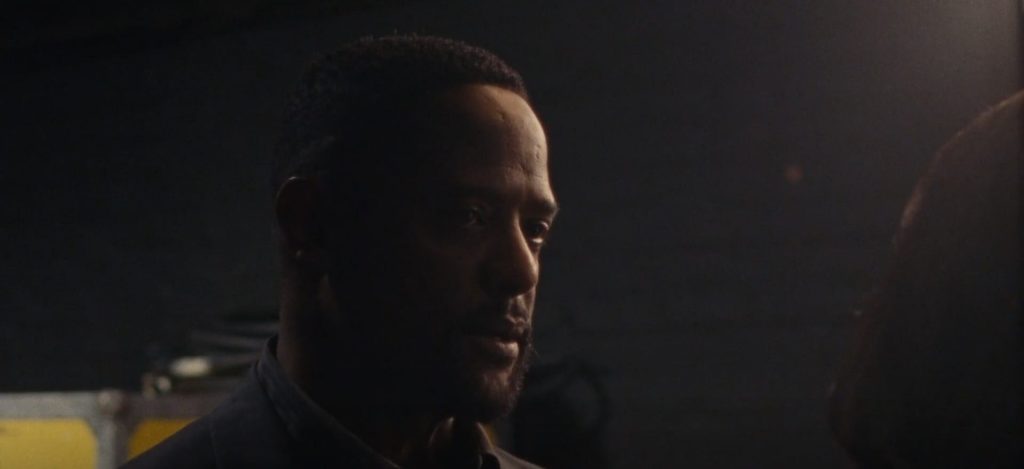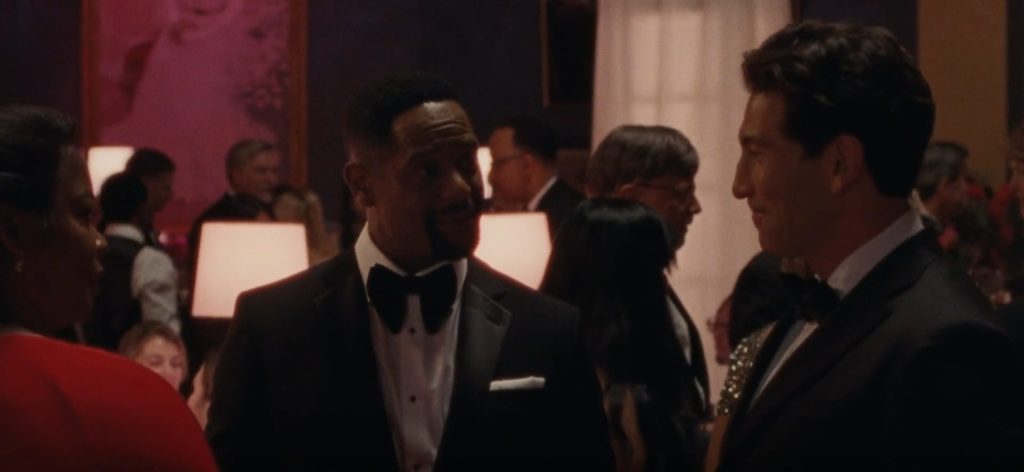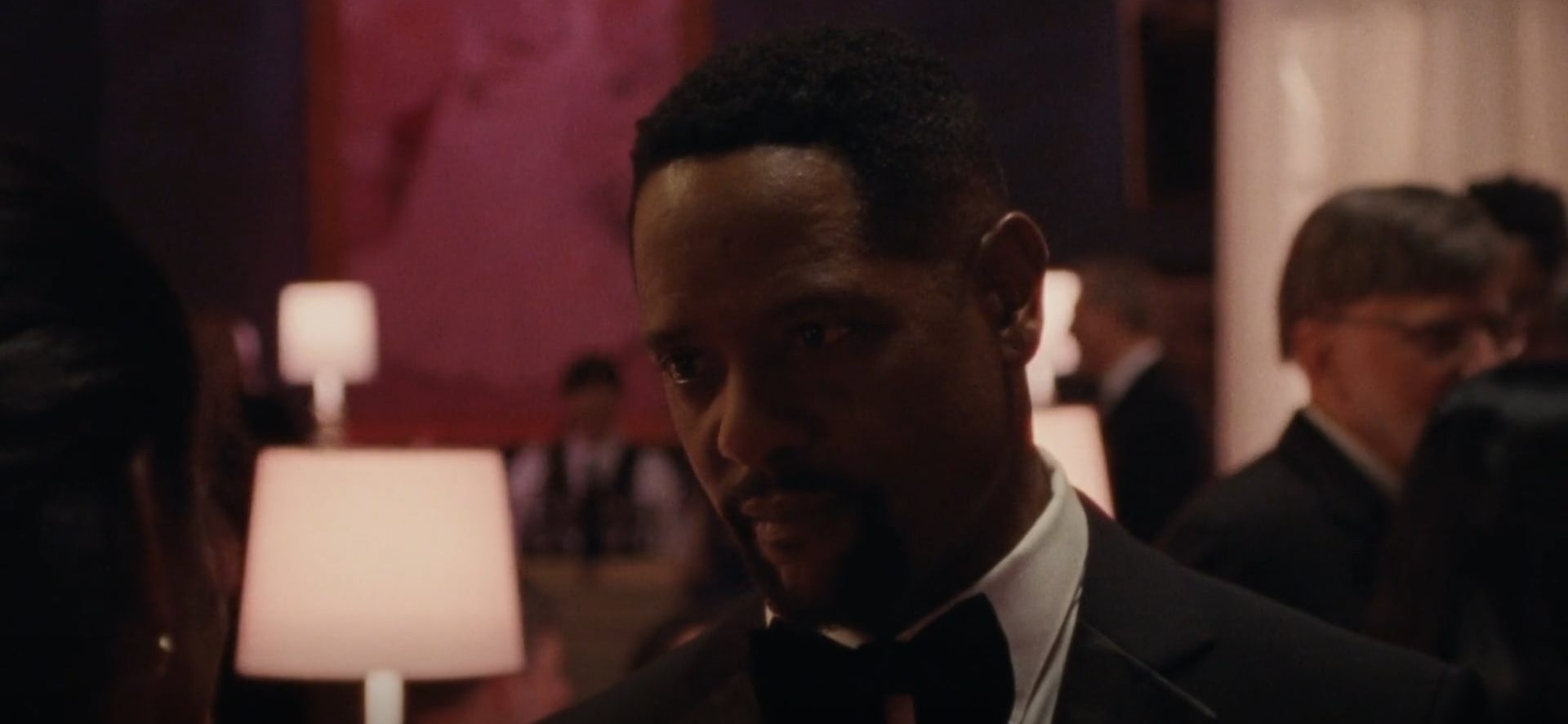In ‘Origin,’ Isabel Wilkerson, a Pulitzer-winning journalist, is asked by her former editor, Amari Selvan, to work on an article covering the murder of a young black kid, Trayvon Martin. While listening to the audio recordings sent to her by Selvan, which belong to the 911 recordings from the Trayvon Martin case, Isabel begins questioning the pillars of racial injustice and division. As the writer tries to form her thoughts based on the complicated issue of Trayvon’s killing, Selvan encourages her to follow her hunch and find out the profound truth lurking underneath. As such, Isabel’s journey to write her second book is kickstarted by the small and subtle push designed by Selvan. Since the editor plays such an essential role in her decision to pick up the subject, it forces a deeper look at his genesis in real life.
Amari Selvan is a Fictional Editor
Amari Selvan is a fictional editor conceived by writer and director Ava DuVernay for ‘Origin.’ The editor plays a prominent part in steering Isabel Wilkerson’s attention towards devoting her next novel to scrutinizing the socio-political issues of racism and segregation. The discussion arises between the pair after the tragic murder of Trayvon Martin, a 17-year-old boy who George Zimmerman killed. As Isabel pours her energy and efforts into dissecting the reasons behind Zimmerman’s motivation and the underlying framework of the racial divide between white and black people, she is forced to think of a more comprehensive reasoning behind the entire concept.

While Selvan doesn’t exist in real life, his role within the narrative is constructed with incision. The editor functions as a sounding board and a key witness to Isabel’s thinking on the subject matter she wishes to dissect. He provides her with a foundation, and rather than asking her to write about something specific, he hands out small clues to direct her energy and effort. Selvan molds the writer – in this case, Isabel – to find the answer within their work through persistence and a sense of curiosity. He doesn’t hold her hand through the process but only offers gentle nudges to keep her boat steering in the right direction.
Amari Selvan’s Role Within the Narrative
After listening to the 911 tapes of Trayvon Martin, Isabel reports back to Amari Selvan. He encourages her to use her findings and deduction to write a book on racism. However, Isabel finds the notion incomplete and insufficient in understanding the complete picture driving the division. This forces the writer out of her box and into the heart of the complicated affair, she wishes to tackle. Under Selvan’s guidance, she bounces the idea that racism is just a part of the answer, but the question is a much larger one. Instead, she suggests to her editor that the notion of a caste system, which has permeated many parts of the world, is a more comprehensive explanation.

Selvan takes a holistic approach to his job. His editorial influence allows him to evaluate not only Isabel’s writing but also her underlying thought process and research. He doesn’t need to interfere in her investigation into the caste system and how it underpins societal injustices. As her mentor, he aids her in navigating the emotional stresses of her job as a writer. Another critical point to remember is that Isabel is a Pulitzer-winning journalist. Thus, there is no reason for him to intervene in her affairs beyond the realm of providing support and clarity whenever she requires it.
So, while the character only appears for a brief period at the beginning of the film, his influence on the story is notable due to the path he sets up for Isabel to walk upon. With the Trayvon Martin tapes, Isabel finds the core direction for her novel. This part of the story may be fictional because Selvan doesn’t exist; however, his presence creates an interesting dialogue between two experienced people in the field of journalism. Furthermore, it references Wilkerson’s real-life connection to the actual world of journalism, subtly harking back to the author’s work as a journalist for the New York Times. Ultimately, Selvan’s presence only adds to the film’s narrative, even if his character remains a work of fiction.
Read more: Origin: Similar Movies That Explore Racism and Caste Bias


You must be logged in to post a comment.